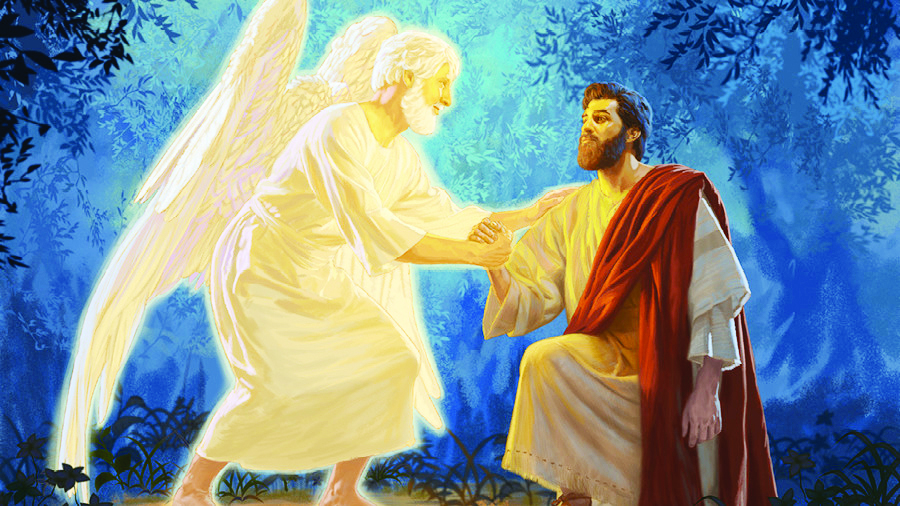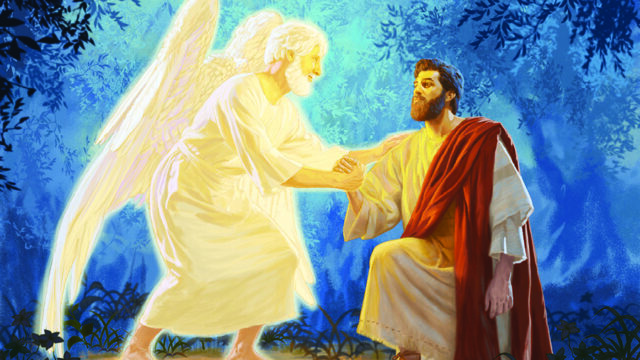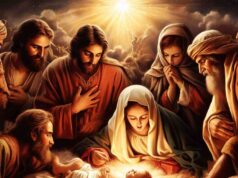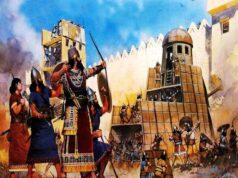By Pr Isaiah White
Prophecy was the vehicle that drove the religion of Israel from magic to a worship relationship between God and man.
This God-man relationship was presented in six ways:
1-Yahweh as Law: In the Old Testament, the prophets present the Law of God as the Will of God. Therefore, who He is substantially (Exodus 20, Psalms 119).
The prophetic understanding of Yahweh as the Law, was not restricted to the dictates of the law.
However, to appreciate Yahweh as the Law, was to establish this God as the principal cause and regulator of everything.
He was not just the moral Law, but the principal cause and determinant of all functionality- moral and amoral (Isaiah 46:10).
2- Yahweh as Lord of Nature: The prophets found a religion that worshipped nature as god and they replaced it with a God of nature.
They replaced the worship of natural phenomenon with the worship of the Creator of that natural phenomenon.
Idol worship in the old primitive belief was demonstrated in the worship of nature. But the prophets rectified this when they launched Yahweh as the sole Creator. That is how we ended up with the creation account in Genesis.
The prophets taught that God was the Creator and creatures could not be gods. They also taught that God was behind natural disasters and all seasons.
3- Yahweh as the Lord of History: The Yahweh that was presented by the prophets was one with a historical relationship with humankind, together with their success and failures.
The prophets argued that our problem was a result of a broken relationship with our principal cause, God the Creator (Genesis 2-4), and that the remedy could only be a reunion with Him.
Prophets insisted that this was not a particular race predicament, neither would the solution be exclusive, but a universally accepted history.
They taught that Yahweh is not merely involved in nature, but in choices as well (Isaiah 45:11-12).
Yahweh as the Lord of history also involved what theologians call heilsgeschichte, which means the salvation historical journey of God with us, sinners.
He became flesh (Isaiah 7), dwelt among us (Isaiah 9), and died for our sinners (Isaiah 53).

4- Yahweh as the Lord of ethics: Religion, in its primitive stage, had believed in an amoral God, but the emergence of prophets launched a moral God.
However, to the prophets, God was not moral (set of written rules), but an ethical God (internal humane quotients).
For the first time, we learn the difference between morals and ethics. Morals refer to doing what is on paper, while ethics refer to doing what ought to be (on a personal level).
Many times, the prophets denounced the legal policies claiming they were oppressive even though they were politically, culturally, and religiously agreed upon (Amos 1:3-15).
The prophets condemned rituality, pretense and hypocrisy harshly.
To them, it was not about doing what the law states (whether it was ecclesiastical or not), but what ought to be in the general Will of God.
5- Yahweh as the God of Israel: To the prophets, Israel was something bigger than a race. Israel meant all believers in the one true God (Israelites and Gentiles).
When you read about the prophets, you realize the divide between their faith and Judaism. Fundamentally, that divide is based on how each group understood the theology of the Church.
To Judaism, the Church of God was the racial Israel into which all had to be converted at least, while to the prophets, the Israel of God was whoever believed in Yahweh.
It is from the prophets that we first learn what the Church of God is.
6- Yahweh as the Lord of last things: Though eschatology (part of theology concerning death and judgment) was much older than canonical prophets, they found it necessary to correct men’s ideas on the subject (Amos 5: 18-20).
The prophets reminded men what they (men) knew: since the world began, it will end.
However, they established the truth that He who began it is the only one who can end it.
There were, however, three fundamental peculiarities to the eschatological understanding of the then world, contrary to that of the prophets.
First, they believed in a political and national eschatology, but the prophets emphasized an ethical and universal eschatology.
Secondly, the world’s eschatology interpreted human beings as the end-time victim and villains, but the prophets established the side of God and the side of Satan, and one’s eternal fate depended highly on the final side they stand.
Finally, the eschatology of that time did not have the eschaton (last of last things), but the eschatology of the prophets taught the dismissal of this world and the creation of a new one (Isaiah 65:17).
The writer is a life coach and pastor.
Contact: +256775 822 833
Email: whitemwine@gmail.com






















